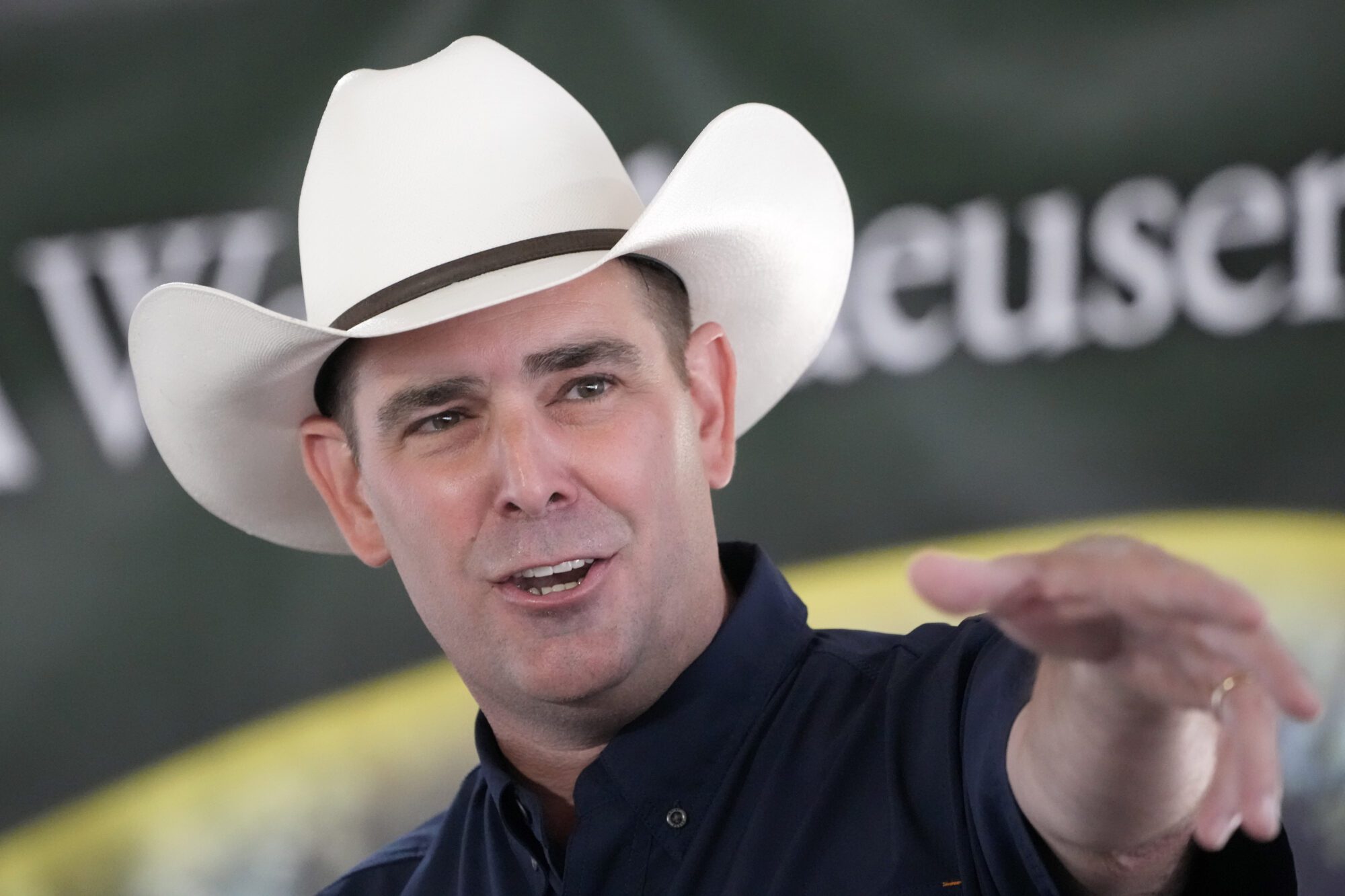
- The lawsuit seeks the creation of one Black-majority supervisor districts out of five in DeSoto County. But pundits regurgitating press releases should understand: it’s complicated.
In July, a three-judge federal panel ruled that Mississippi’s most recent legislative redistricting had to be redrawn to create two new Black-majority senate districts in DeSoto County and the Hattiesburg area.
Acting on that ruling, the American Civil Liberties Union of Mississippi (ACLU-MS), the Legal Defense Fund (LDF), and the Harvard Election Law Clinic, have filed a new suit against DeSoto County under Section 2 of the Voting Rights Act.
Instead of challenging legislative districts, the new suit seeks to have the five supervisor districts within DeSoto County redrawn to create a Black-majority district. The plaintiffs argue the current supervisor district maps dilute Black votes by splitting Horn Lake between supervisor districts 3 and 4.
The public interest law groups filed the suit on behalf of two individuals, a local unit of the NAACP and the Delta Sigma Theta Sorority.
The Claims Made in the Lawsuit
The complaint highlights the continued complexity of Voting Rights Act cases some 60 years after the law was passed. The offices which rely on the supervisor district maps include the Board of Supervisors, Board of Education, Election Commission, Justice Court judges, and constables.
The ACLU argues that the absence of any Black officeholders in these positions is proof of the discriminatory impact of the current maps.
In a statement released in conjunction with the lawsuit, the organization said Black residents comprise more than 30 percent of DeSoto County’s population “yet have zero representation in the five governmental bodies that manage the services that impact the day to day lives of the county’s 191,000 residents.”
The U.S. Supreme Court set the standard for voter dilution claims in the 1986 case of Thornburg v. Gingles.
To succeed on their claims, the ACLU plaintiffs will have to show: (1) the affected minority group is sufficiently large and geographically compact to elect a representative of its choice; (2) the minority group is politically cohesive; and (3) white majority voters vote sufficiently as a bloc to usually defeat the minority group’s preferred candidates.
The ACLU plaintiffs contend that an undivided Horn Lake coupled with the city of Walls, which elected its first Black mayor in 2020, and the unincorporated area of Nesbit would yield a district that satisfies the Voting Rights Act’s requirements.
Lost Nuance
An undivided Horn Lake, currently has a white mayor and 6 of 7 alderman who are white. This could cut against the idea that the proposed district is sufficiently large and cohesive to elect a Black-preferred candidate.
DeSoto countians have also demonstrated a willingness to elect Black candidates even in areas dominated by white voters. The county, which is roughly 60 percent white, elected Thomas Tuggle sheriff. Southaven, the largest city in the county, elected Rodney Hall to the Mississippi House of Representatives.
Both Tuggle and Hall are Black. Both also ran for office as Republicans. The ACLU lawsuit acknowledges Tuggle’s victory, but discounts whether he represents a Black preferred candidate by noting he ran in a Republican Primary few Black voters participated in and then without Democratic opposition in the General Election.
The treatment of Tuggle’s win demonstrates some of the difficulty of voting rights cases in a state where race and partisan alignment are so closely linked. Does the creation of minority-majority districts really mean the creation of Democratic districts?
The three-judge panel that considered the legislative restricting case rejected this line of argumentation. It’s of note that it also rejected the sought creation of a number of additional minority-majority districts and a claim of racial discrimination under the 14th Amendment.
Outside of the specific offices identified in the ACLU suit, there have been Black Democrats elected to represent DeSoto County. In 2023, Hester Jackson-McCray and Cedric Burnett, both black Democrats, were re-elected to the Mississippi House in Districts 40 and 9, respectively.
Over in the Mississippi Senate, Reginald Jackson, a black Democrat, was unopposed for the District 11 seat. That district contains portions of DeSoto County.
Without Challenge
While all of these DeSoto County officials are white Republicans, they ran unopposed in the 2023 General Election:
- Republican Matthew Barton – District Attorney
- Republican Misty Heffner – Chancery Clerk
- Republican Dale Thompson – Circuit Clerk
- Republican William Pounders – Coroner
- Republican James Holland – County Attorney
- Republican Jeff Fitch – Tax Assessor
- Republican Joey Treadway – Tax Collector
- Republican Mark Gardner – Supervisor, District 2
- Republican Lee Caldwell – Supervisor, District 4
- Republican Robert Foster – Supervisor, District 5
In addition, all five constable races were unopposed with Republican candidates winning each one. Three of the five Justice Court Judge races were unopposed.
The ACLU suit argues that Black-preferred candidates are not running for these offices because the current district maps make them unwinnable, and thus, fielding a challenger pointless.
Of the two Supervisor races that were not unopposed, only one race – District 1 – had black candidates in the General Election – a black Democrat and a black Independent. The two combined pulled in just over 47 percent of the vote.










